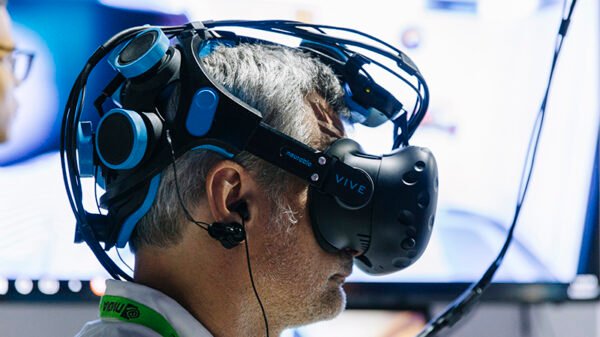The Rise of Quantum Computing
Quantum computing is a revolutionary technology that is poised to transform the world as we know it. Unlike classical computers, which use bits to represent information as either a 0 or a 1, quantum computers use quantum bits or qubits, which can represent a 0, 1, or both simultaneously thanks to a phenomenon called superposition.
This ability to exist in multiple states simultaneously gives quantum computers an unprecedented amount of computational power. With this power, quantum computers can solve complex problems that are practically impossible for classical computers to tackle.
Applications of Quantum Computing
Quantum computing has the potential to revolutionize a wide range of industries and fields. Here are just a few examples of how quantum is being applied:
- Drug Discovery: Quantum computers can simulate the behavior of molecules, which could greatly accelerate the discovery of new drugs and treatments.
- Optimization: Quantum computers can optimize complex systems, such as supply chains and transportation networks, to find the most efficient solutions.
- Cryptography: Quantum computers have the potential to break many of the encryption methods currently used to secure sensitive information, which is why researchers are also working on quantum-resistant encryption algorithms.
The Challenges of Quantum Computing
While the potential of quantum computing is immense, there are still many challenges to overcome before it becomes a mainstream technology:
- Noise and Error Correction: Quantum systems are extremely sensitive to external disturbances, which can cause errors in calculations. Developing robust error correction techniques is crucial for building reliable quantum computers.
- Scalability: Quantum computers are currently limited in terms of the number of qubits they can handle. Scaling up the number of qubits while maintaining their coherence is a significant challenge.
- Cost: Building and maintaining quantum computers is an expensive endeavor. As the technology matures, the cost is expected to decrease, but it will still be a barrier for widespread adoption.
The Future of Quantum Computing
Despite the challenges, the future of quantum computing looks promising. Researchers and companies around the world are making significant progress in developing and commercializing quantum technologies.
As quantum computers become more powerful and accessible, they will unlock new possibilities and enable breakthroughs in fields such as materials science, artificial intelligence, and cryptography.




































